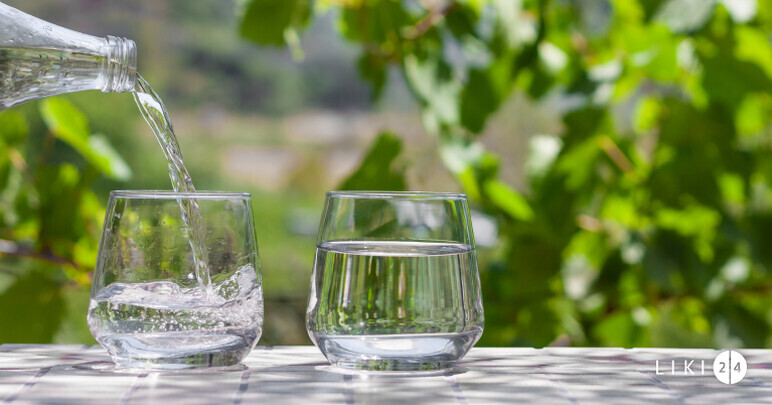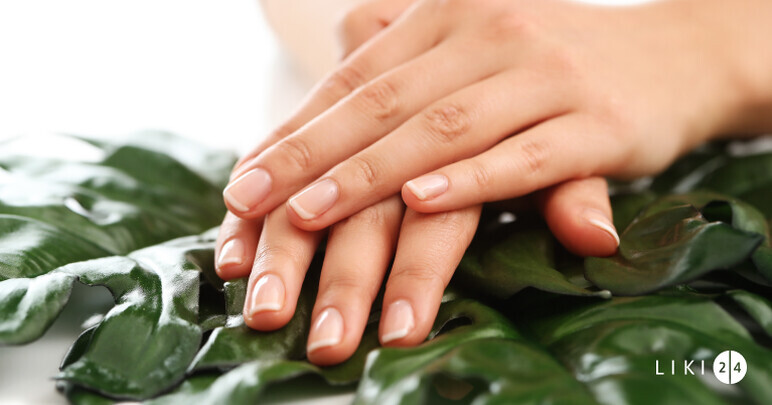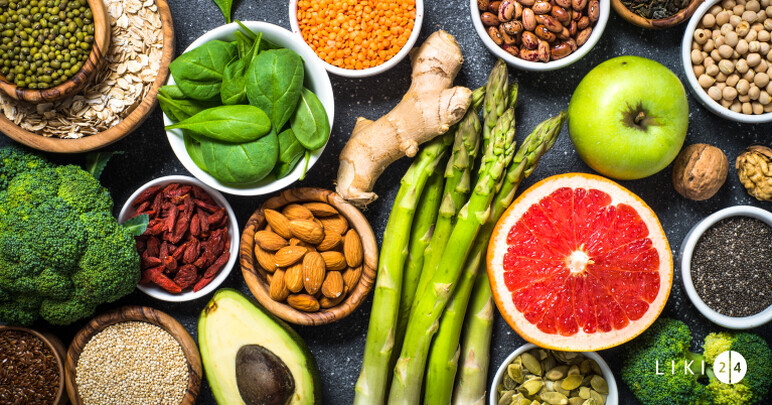


Description
Jus de Noni de Tahiti Bio 946ml BioCura
Augmente l’immunité et le niveau d’énergie
CARACTÉRISTIQUES
Le Noni est un fruit tropical qui pousse dans les îles du Pacifique. Il est utilisé depuis plus de 2000 ans dans la médecine traditionnelle locale, où, en raison des bienfaits qu'il apporte, il a été surnommé le Miracle de Tahiti. Le jus de noni contient plus de 150 substances bioactives telles que des minéraux naturels, des enzymes, des antioxydants, des vitamines, des phytonutriments et des bioflavonoïdes, et est également riche en proxéroxine et en scopolétine. La certification biologique de ce jus garantit que les fruits de Noni sont aussi purs et efficaces que ceux consommés il y a des milliers d'années. Cette ressource naturelle qui protège l'organisme des agressions modernes est indiquée pour tous les membres de la famille précisément en raison de son contenu pur, sans additifs et sans conservateurs. Il ne contient ni conservateurs, ni colorants, ni édulcorants et ne contient pas de sucre ajouté.
EFFETS
- soutient les processus de récupération du corps
- augmente le niveau d’énergie et la capacité d’effort
- contribue à l’acquisition de l’équilibre physique et mental
- augmente la résistance du corps aux virus et aux bactéries
- a un effet anti-inflammatoire
- protège l'organisme contre les radicaux libres - c'est un puissant antioxydant
- aide à maintenir un taux de cholestérol optimal
- améliore l'absorption des nutriments
- maintient la mobilité et l’intégrité des articulations
COMPOSITION
Jus biologique de fruit de Noni (Morinda citrifolia)
ADMINISTRATION
2 cuillères (30 ml.)/jour, le matin, à jeun.
INFORMATIONS UTILES
Recommandé:
les personnes ayant un système immunitaire faible
dans des situations physiquement ou mentalement exigeantes
les personnes ayant un faible niveau d’énergie
en situation de convalescence
ceux qui souffrent d’hypertension artérielle causée par le stress.
Le rôle des composants :
Arbre sempervirent de la famille des Rubiacées, atteignant 12 m de haut, à couronne ramifiée sympodiale ; les branches portent des feuilles vert foncé, ovales et brillantes ; les petites fleurs aromatiques blanc crème, regroupées en grappes ; le fruit charnu, de consistance gélatineuse à maturité, avec un goût amer caractéristique, à maturité avec une odeur très caractéristique ; les graines flottent et peuvent flotter pendant des mois dans l'océan, ce qui a conduit à la propagation de la plante dans la région du Pacifique Sud.
Le nom générique dérive des mots latins Morus, qui soulignent la similitude morphologique entre le fruit du noni et le fruit du mûrier (Morus alba/nigra) et indicus, signifiant originaire d'Inde. Le nom spécifique citrifolia fait référence à la similitude entre les feuilles de noni et celles des espèces de Citrus.
Le noni est une plante tropicale originaire des régions d’Australie, de Malaisie et de Polynésie. Il est considéré comme originaire d’Asie du Sud-Est même s’il pousse désormais de l’Inde aux régions de Polynésie orientale. Commun dans les forêts de Malaisie et de Polynésie, ainsi que dans les basses terres des îles Philippines, le noni est cultivé dans les communautés du Pacifique Sud depuis des centaines d'années.
Morinda citrifolia a une longue histoire d'usage médicinal dans ses régions d'origine. Elle est considérée comme la plante la plus largement et couramment utilisée avant la période européenne. Il y a quelques siècles, la plante a été introduite dans les îles hawaïennes où elle était appelée « noni » et ses fruits et ses racines étaient appréciés comme agents médicinaux. Parmi toutes les variétés polynésiennes des XIXe et XXe siècles, le noni hawaïen avait les applications médicinales les plus étendues. Les médecins des Samoa et d'Hawaï utilisaient le noni pour traiter les affections intestinales (en particulier la diarrhée infantile, la constipation ou les parasites intestinaux), l'indigestion, les inflammations cutanées, les infections, les irritations des gencives, la fièvre, les contusions et les entorses. Les Hawaïens préparaient généralement des boissons toniques destinées au traitement du diabète, des intoxications et des brûlures. La capacité remarquable de la plante à évacuer le tractus intestinal et à maintenir la santé du côlon était bien connue des anciens guérisseurs hawaïens et tahitiens.
Les fruits de noni sont également utilisés depuis des centaines d’années comme source de nutriments. Les habitants des Fidji, des Samoa et de Raratonga les utilisaient crus et préparés. Traditionnellement, les fruits étaient soigneusement sélectionnés avant maturation et placés au soleil ; après y avoir été cuits, ils étaient écrasés et le jus extrait à travers un chiffon. Les feuilles de noni étaient aussi une sorte d'aliment utilisé comme support pour la préparation du poisson. En Malaisie, les feuilles étaient chauffées et placées sur l’abdomen pour traiter les hémorragies, les inflammations de la rate et les maladies du foie. L'écorce est un puissant astringent et est traditionnellement utilisée dans le traitement du paludisme. L'extrait de racine est utilisé dans l'hypertension tandis que le jus de fleur est utilisé pour apaiser les irritations oculaires. Les jus de fruits sont désormais très demandés comme remède alternatif pour diverses affections telles que l'arthrite, le diabète, l'hypertension, les douleurs et crampes musculaires, l'inconfort menstruel, les maux de tête, les maladies cardiaques, les ulcères gastriques, la dépression, la sénilité, l'indigestion, l'athérosclérose, les problèmes circulatoires et même le cancer.
Morinda citrifolia est considérée comme un remède antiémétique sûr dans les soins primaires en Thaïlande. La décoction ou l’infusion de fruits de noni mûrs, non mûrs et grillés est recommandée pour réduire les symptômes de nausées et de vomissements.
Parmi les affections dans lesquelles le noni est utilisé depuis longtemps figurent celles du système nerveux central. Les recherches actuelles ont évalué et démontré chez les animaux les effets antipsychotiques des fruits de noni, révélant un effet antidopaminergique de ceux-ci, suggérant ainsi leur utilité potentielle dans le traitement de troubles psychiatriques.
Caractéristiques
| Code produit | 26427 |
| Catégorie | Jus de fruits, Boissons |
| Ligne de produits | Noni |
| Marque | Rotta Natura |
| Volume | 946 ml |
| Type de produit | Liquide |
| Livraison à partir de | Roumanie |
Évaluations des produits
Toutes les revues

Il n'y a pas de commentaires sur ce produit.











































































 Description
Description 






